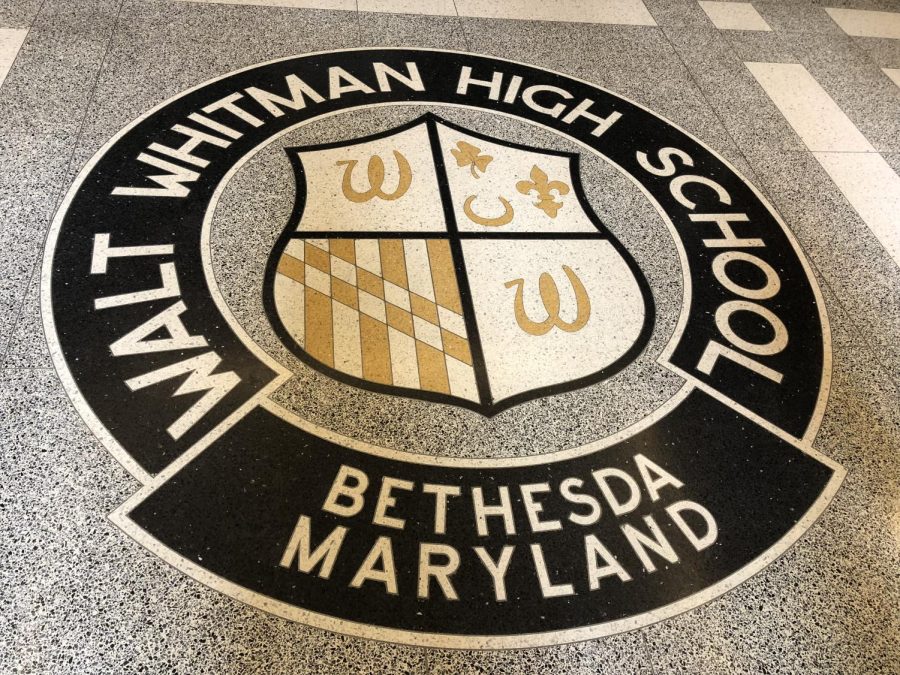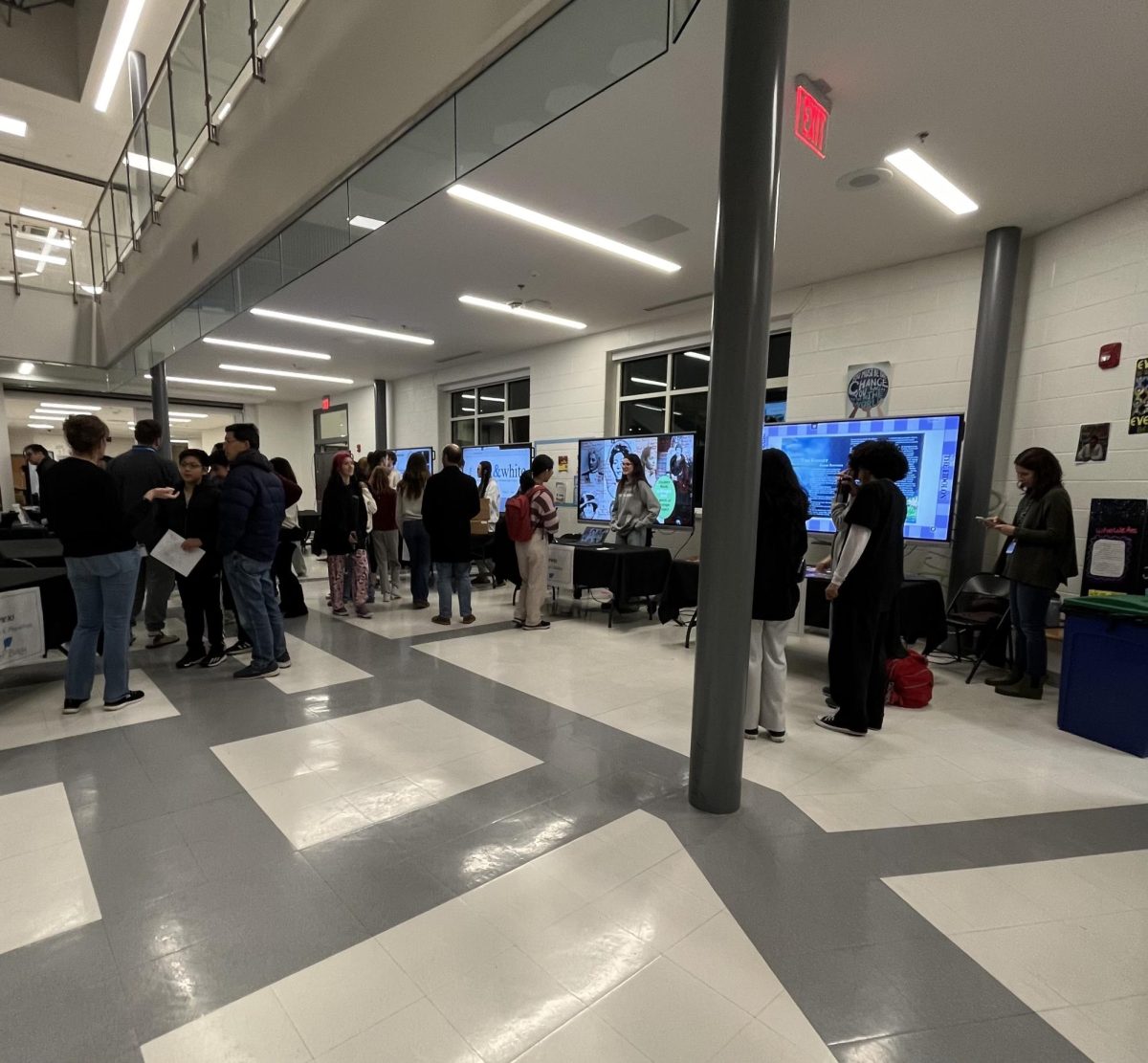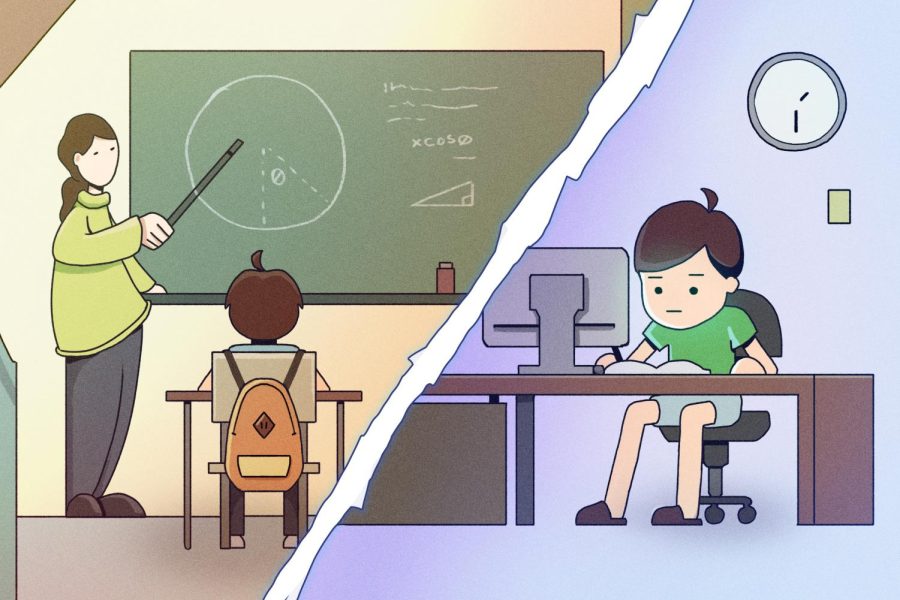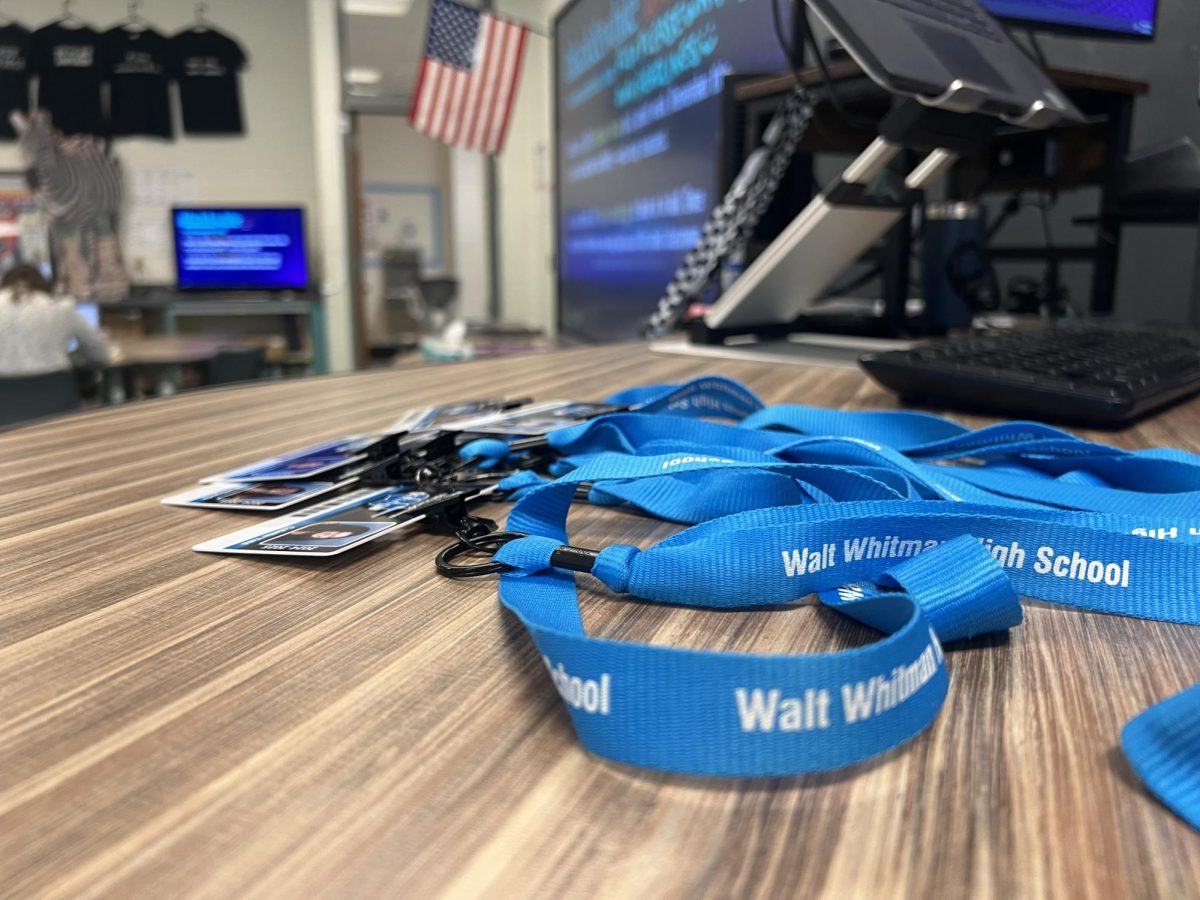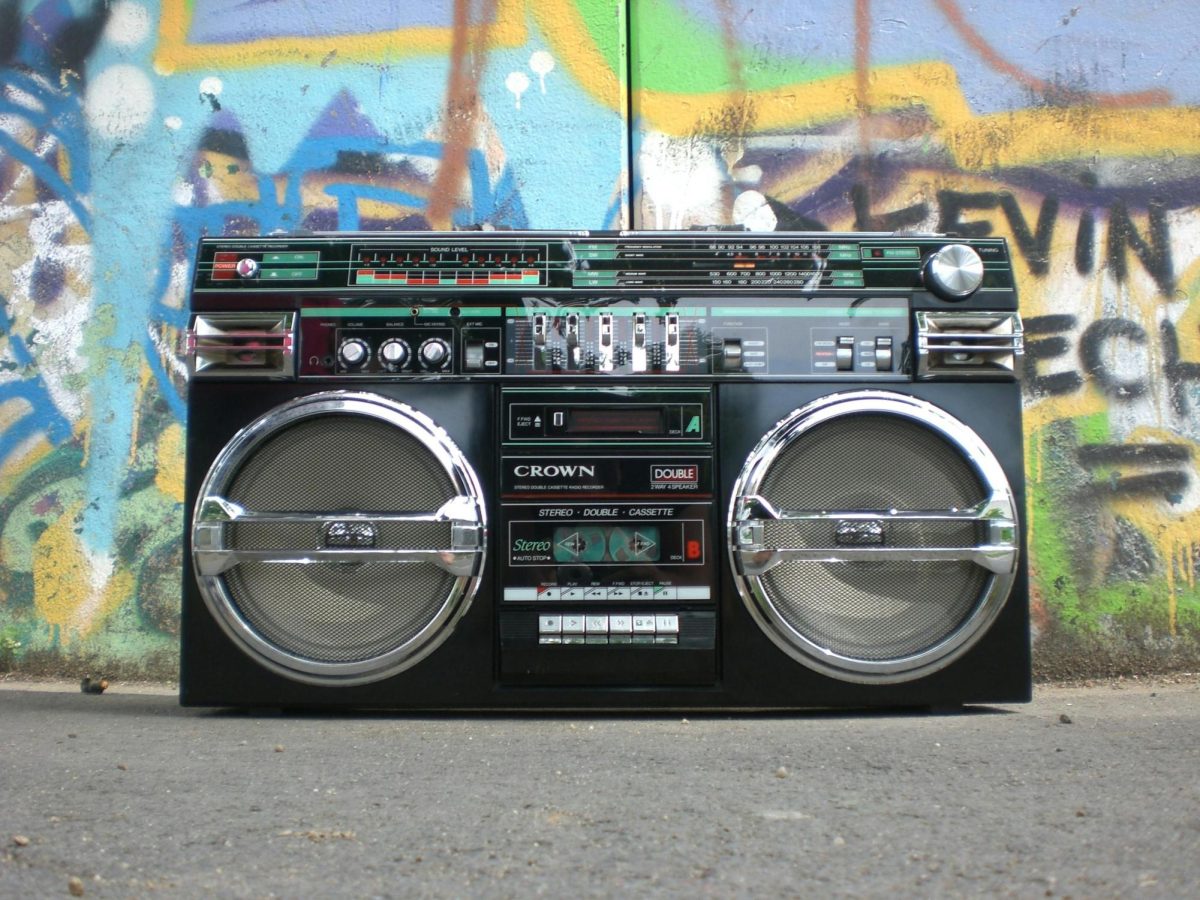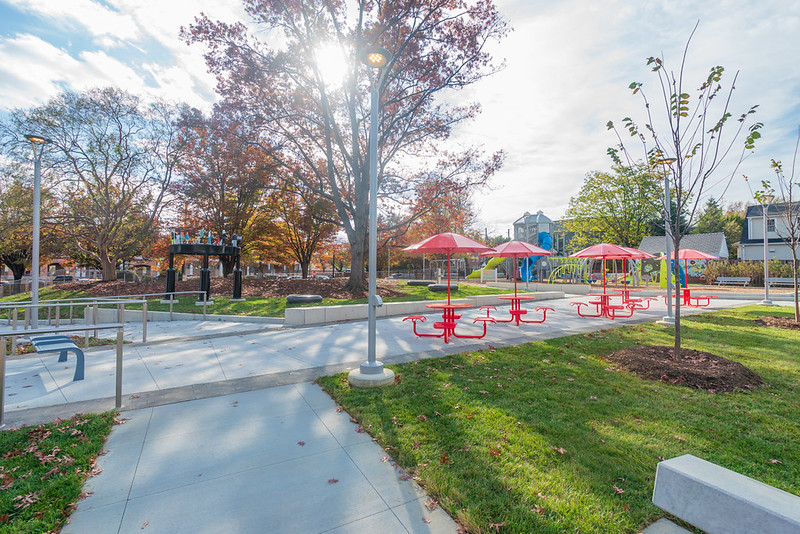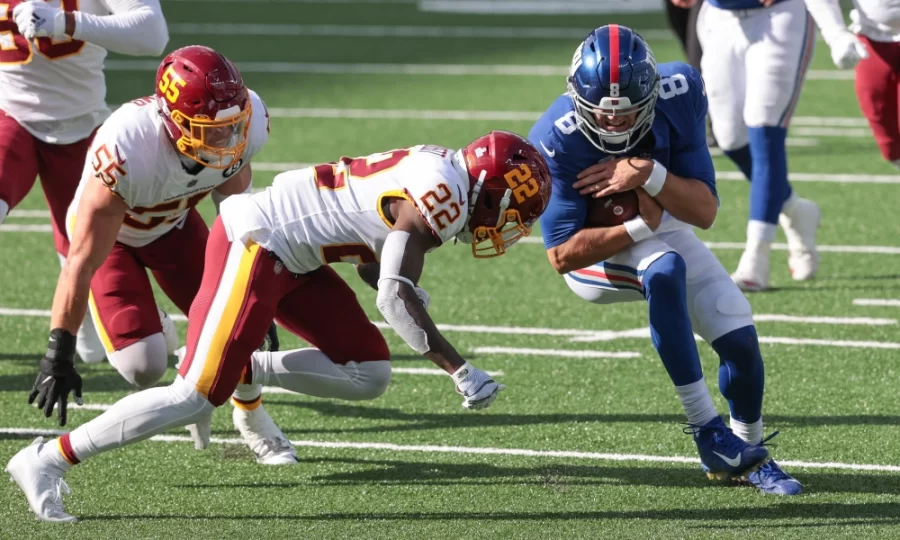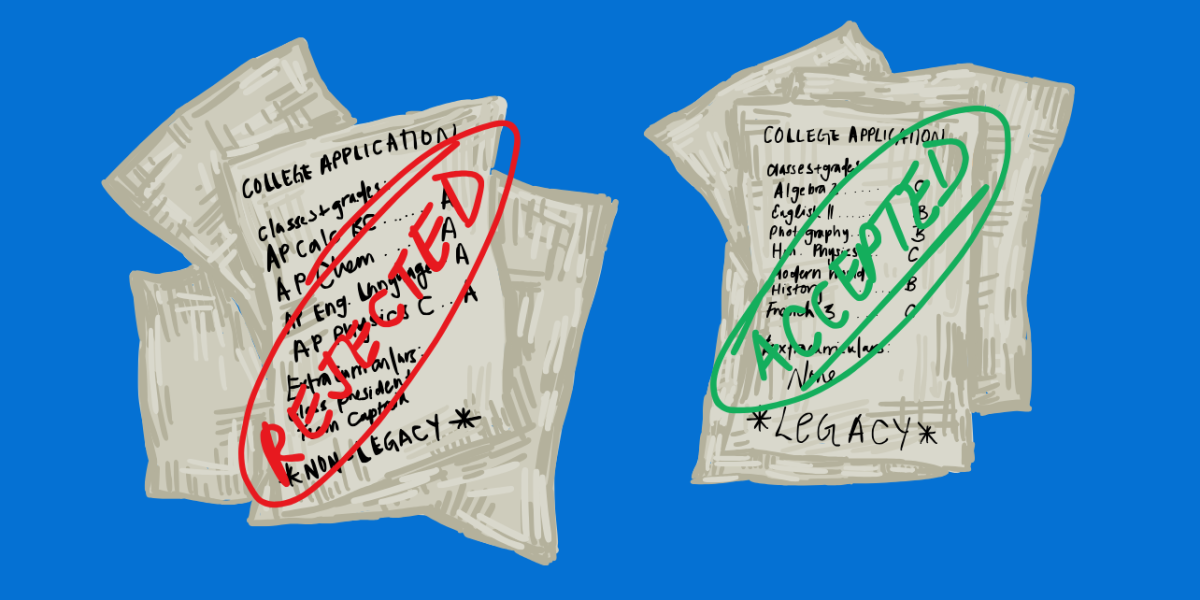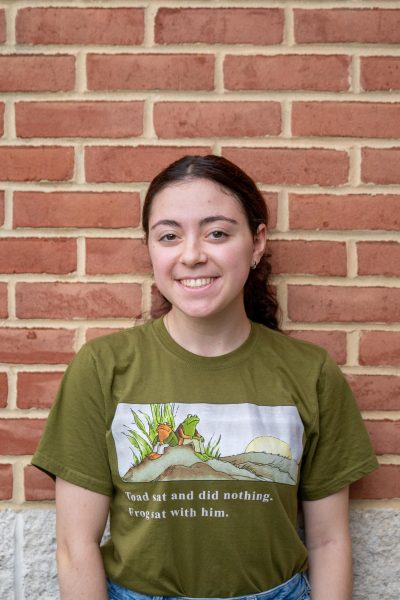Whitman administration has implemented a new cell phone policy for the 2024-2025 school year following new MCPS guidelines aiming to reduce distractions in the classroom.
The Whitman policy requires students to store their personal mobile devices in designated cubbies during every class period and expects teachers to enforce it. Students can access their phones during lunch, between classes and for approved instructional use in the classroom.
MCPS strongly encourages schools to limit cell phone use in classrooms, but according to Superintendent Thomas Taylor, there is “no blanket rule” restricting cell phone use in schools countywide.
The MCPS Office of Strategic Initiatives creates policies for student mobile device use. Last revised in January 2024, the existing regulation prohibits cell phone use during the school day in elementary schools; however, in middle and high schools, cell phone policies are under individual schools’ jurisdiction.
Social Studies Department head Suzanne Johnson said that in years past, cell phones have disrupted and distracted her classes. Although most students adhered to her personal rule of keeping their cell phones stowed in backpacks during class, some students would disregard it, she said. This often forced Johnson to pause her lessons to remind students to put their phones away, interrupting the flow of instruction.
“I basically told [students], I don’t want to see them, so if they’re there and they’re not using them in class, then we’re fine,” Johnson said.
Johnson has implemented the new cell phone policy in her classes but noted that despite the new rule, she still has to remind students to put their phones in the cubby.
In previous years, senior Allie Cohen occasionally used her phone during breaks in lessons and class work. She said that her phone was not a distraction; rather, she often used it to look up additional information related to what she was learning in class.
The new policy has made it more difficult for Cohen to access and complete personal tasks, such as working on college applications, during breaks in the school day, she said. As a result, Cohen now brings her personal laptop to school, in addition to her MCPS-issued Chromebook, to manage her workload more efficiently.
MCPS is also piloting the “All Day Away” initiative at certain schools. Participating schools will implement stricter policies, ensuring that students’ phones remain inaccessible throughout the entire school day. MCPS will reevaluate the program in the spring to determine its effectiveness and whether to adopt it at all schools.
Whitman’s new cell phone policy, along with the “All Day Away” pilot program and other new MCPS initiatives—such as restricting social media access on the school WiFi network—have been introduced in response to growing concerns about students’ mental health and wellness.
Whitman Therapist Shillong Hu provides mental health support for students through the Bridge to Wellness program. Having witnessed both the positive and negative impacts of cell phones and social media on students’ mental health, Hu said the new initiatives have pros and cons.
“I think it has a mixed impact,” Hu said. “On one hand, it might help the students to be more engaged with classes. But on the other hand, you also have some negatives, because since students cannot connect with social media, they might feel isolated.”



